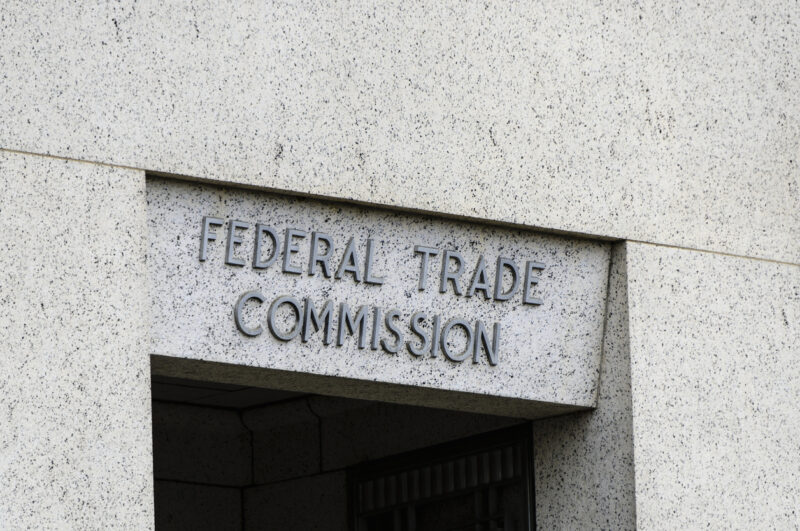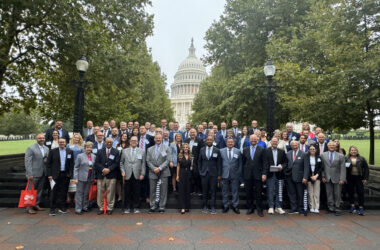Independent car dealers received an in-depth look at the Federal Trade Commission’s Vehicle Shopping Rule Friday during a webinar held by NIADA.
Hudson Cook, LLC, partners Patty Covington, Jean Noonan and Eric Johnson spent an hour detailing the impact of the rule finalized by the FTC in December to dealers. The rule will require new disclosures and forms, additional training, monitoring, and compliance responsibilities, substantial recordkeeping and an increase in the time it takes to sell, lease and finance a vehicle.
The rule was to go into effect July 30. But after a lawsuit was filed in January by the NADA and TADA, the FTC issued a stay of the rule’s effective date, until the adjudication is complete.
The webinar was a chance for dealers to get ahead of the proposed requirements.
“We really appreciate the NIADA asking us to present a webinar on the FTC’s Vehicle Shopping Rule (a/k/a the “CARS Rule”) and its impact on dealers,” Johnson said. “Attending the webinar is a dealer’s first step in understanding how this new far-reaching rule would impact its sales, operations, and compliance responsibilities. Even though the rule’s effective date is currently stayed, dealers will need every day they can to prepare for the rule’s effects and requirements if it becomes effective.”
During the webinar, Noonan reiterated the complexity of the regulation.
“No dealer I know is in compliance fully with the rule. It’s a highly technical and complicated rule,” she said.
The amount and type of disclosures required in the new rule were covered. Dealers must quote an offering price, the cash price for which a dealer will sell or finance a vehicle to any customer. That offering price must be included in any advertisement for a specific vehicle.
Dealers must also disclose any optional items and that the optional item is not required and the consumer can purchase or lease the vehicle without the item.
Another complicated element of the new rule is dealers must receive the “express, informed consent” from the customer for a charge of any optional items as well as any item the dealer sells, other than the vehicle.
The rule will require dealers to maintain extensive records for 24 months, including texts and social media communications.
“Anything salespeople post or communicate with a customer from their phone is covered,” Noonan said.
Johnson pointed out that failure to maintain the records will be considered a violation. Each violation will be subject to a fine of $51,744.
The FTC has published a dealers guide to the rule. Johnson encouraged dealers to review the guide.
Dealers submitted questions during and after the webinar to the NIADA. Johnson will be addressing the questions in the April issue of UCD.










